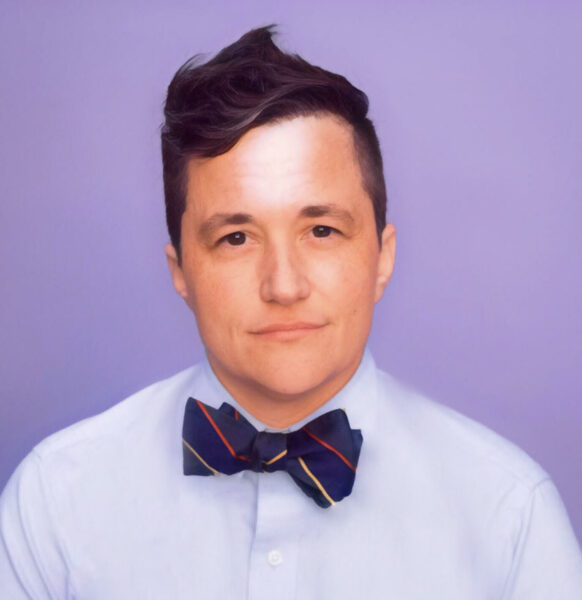
Posts Tagged ‘#MeToo’
Beyond #MeToo: Do Hormones Make the Man?
Friday, January 26th, 2018
Expressing Masculinity: It’s Complicated
Deep down, men and women have more in common than they differ — like 22 out of 23 pairs of chromosomes. But there’s one thing men have more of: testosterone. Conservative commentator Andrew Sullivan recently argued that higher levels of testosterone underscore natural sexual differences.
But when issues of gender identity, sexuality and personal choices are added to the mix, the question of expressing masculinities becomes even more complicated.
Julia Scott talked to two people who are exploring their manhood today with a little help from testosterone.
One is Eric Trefelner, a physician living on Montara, Calif. who recently experimented with injecting testosterone to bulk up for his workouts. But along the way, he started experiencing sensations he never expected to feel.
“I had more energy. I felt more powerful. I felt more sexual. I felt more ability to take risks,” Trefelner said.
He’d always identified as a man, but he suddenly felt a sense of communion with men at the gym — a form of acceptance he’d missed out on as a kid.
“I used to always have these dreams where I was near men, they were in a group distant from me. I would feel so sad and wake up crying because I was separated from the world of men. … And all of a sudden I was feeling like, this is what it means to be a man!”
Was Trefelner discovering something that had lived inside him all along? Or was it a new reality? If was just the hormones, would he lose access to the special feeling if he stopped injecting?
Medical science had a specific answer to this question when testosterone was synthesized in 1935 and marketed as a male-enhancing sex hormone for straight men.
Meanwhile, gay men were made to take it to reverse their so-called “endocrine disturbance,” a completely made-up idea that if they took a “manly” hormone they would be less turned on by men (Though doctors noticed pretty quickly that it actually tended to enhance their attraction to other men).
So not only can you be a man without feeling like one, you can feel like a man without beginning life as one.
Addison Beaux, a writer who lives in Palo Alto, said that even as a 5-year-old, he identified as a boy and asked everyone to call him Bob.

Addison Beaux, a writer living in Palo Alto, California. (Addison Beaux)
But it wasn’t until he turned 40 that Beaux decided to make a physical, surgical transition to a male appearance. But taking testosterone was a less obvious decision, and Beaux gave it a lot of thought before deciding to do it. That’s because, unlike Trefelner, he wasn’t shocked to feel like a man. He never perceived himself as anything but.
“As far back as I can remember, I’ve always been masculine more from the inside, so I’ve always felt that way and I still feel that way. Hormones do not necessarily make the man.”
The hormones were just the finishing touch. Beaux’s gender transition has taken a lifetime — and it’s still in process.
This story was part of a series on KQED’s The California Report, Beyond #MeToo: Sex, Abuse and Power Through a California Lens .
Tags: #MeToo, KQED, The California Report
Posted in Podcast and Radio Work, Uncategorized | No Comments »
Beyond #MeToo: Teaching Boys About Consent
Wednesday, January 24th, 2018
Coaching Boys Into Men
When is the right time to start teaching young boys about consent, boundaries and respect toward women?
A nationwide program called Coaching Boys Into Men trains school coaches to work with boys as young as 11, who are on their school’s athletic teams. Boys trust their coaches, and the conversations that ensue are designed to plant seeds that will help prevent abuse — and give young men the tools to speak up when they see something that’s not right.
Student athletes are often the leaders at their schools, and they can set the tone for the other students.
At Petaluma Junior High School, former student Danny Marzo and Athletic Director Zach Dee told us about how the program has led to changes on a personal level in the school culture overall.
This story was part of a series on KQED’s The California Report, Beyond #MeToo: Sex, Abuse and Power Through a California Lens .
Tags: #MeToo, Julia Scott, KQED, The California Report
Posted in Podcast and Radio Work, Uncategorized | No Comments »
© 2025 Julia Scott.